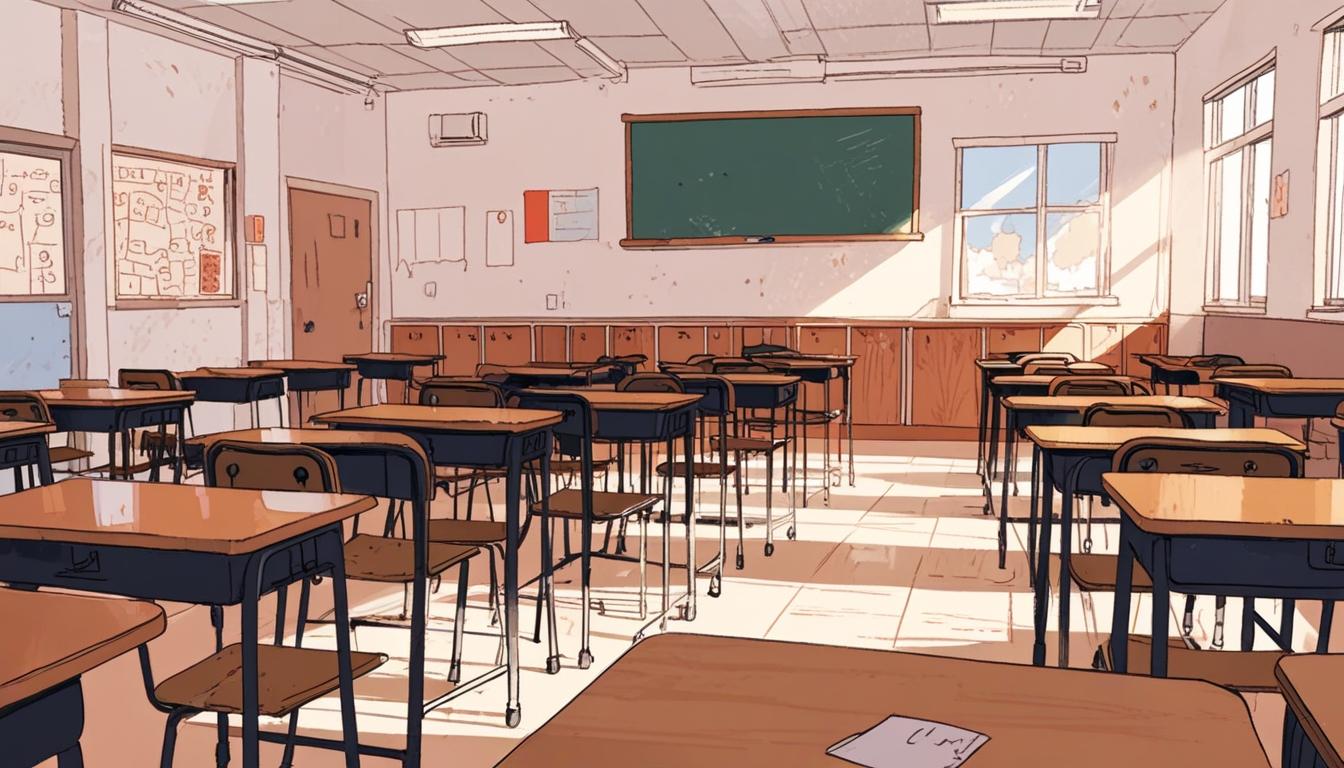Concerns have been raised regarding Congressman Burgess Owens’ approach to addressing educational challenges in Utah, with critics highlighting a disconnect between his statements and the realities faced by local communities. In a recent statement, Owens expressed enthusiasm about the state’s educational direction, saying, “I have never been more excited about where we are,” and emphasising that “The whole purpose of education is to make sure our kids are the best prepared in the entire world.” However, such remarks have been met with criticism from various stakeholders who argue that they overlook significant issues affecting Utah’s students and educators.
Utah is currently grappling with serious educational and social challenges. Between 2021 and 2023, approximately 2,056 people in the state lost their lives to suicide, and 22.9% of high school students have seriously considered suicide, positioning Utah as 7th in the nation for suicide rates. Additionally, special education services face persistent underfunding, leaving many needs unmet due to insufficient support from the state Legislature.
Another area of concern is the discontinuation of the Starbase Hill programme, which had previously inspired student interest in science, technology, engineering, and mathematics (STEM) but was recently shut down because of a lack of federal funding. Alongside these issues, allegations of ongoing discrimination within schools have been reported, with many educational institutions failing to adequately respond to formal complaints filed by parents. There are claims that when families pursue civil rights complaints, they are often ignored or dismissed by both local districts and state education agencies.
Educators themselves have expressed frustration, feeling demoralised by what they describe as Owens’ frequent misrepresentations and lack of support toward their profession. Compounding these concerns is the Congressman’s focus on crime, drugs, and gang violence, which critics argue unfairly stereotypes immigrant families, many of whom are long-established U.S. citizens. Reports suggest that second- and third-generation Americans are being unjustly targeted based on their ethnicity.
Critics also draw attention to Owens’ personal background as a factor heightening the perceived contrast between his public statements and the realities faced by minority and immigrant communities. Owens was one of four African American players who, in 1969, integrated a university football team, an experience that exposed him to discrimination firsthand. Detractors argue that while he has benefited from civil rights advancements, his recent actions appear to undermine those very efforts for minority and immigrant children today.
As a representative of Utah, Owens took an oath to serve all constituents, which some say requires engaging with diverse communities across the state and resisting polarising rhetoric and policies. Calls for Owens to recalibrate his approach stress the importance of fostering unity and providing equitable opportunities for all Utah students.
The Deseret News is reporting on the tensions surrounding education policy and community relations in Utah linked to Congressman Burgess Owens’ public statements and perceived priorities.
Source: Noah Wire Services
